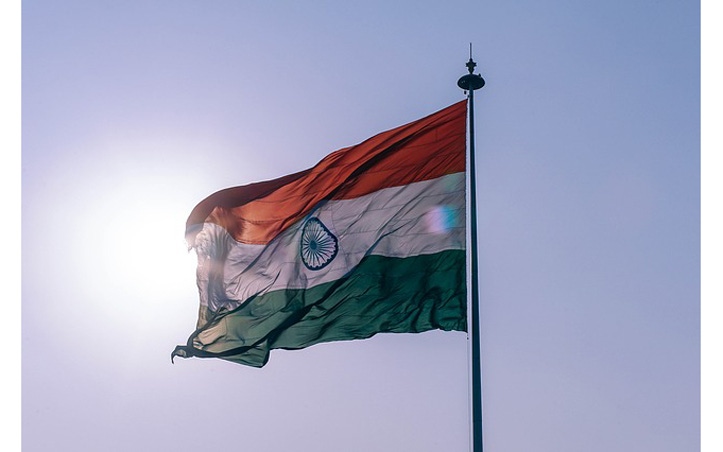Medtech Industry Frowns on India Price Caps
AdvaMed takes a strong stance against India’s price control regulations as Johnson & Johnson reports weak sales of its knee implants in India as a result of the pricing caps.
October 18, 2017

In response to India’s price capping for certain medical devices, medtech industry group AdvaMed is calling for the perks India enjoys under the U.S. Generalized System of Preferences (GSP) to be withheld.
This year, India’s National Pharmaceutical Pricing Authority (NPPA) implemented price caps on coronary stents and knee implants. The coronary stent pricing control went into effect in February 2017 and was followed in August by pricing control on knee implants. The price caps inflicted steep cuts ranging from 70%–85%.
Now, AdvaMed has filed a petition with the U.S. Trade Representative asking for India’s participation in GSP—which removes duties on certain products imported from numerous developing nations including India—to be revoked.
“AdvaMed and its members are deeply concerned about recently implemented price controls on coronary stents and knee replacement implants in India that have slashed prices by as much as 85% and 70%, respectively, following by signals that price caps for additional life-saving and life-improving medical devices may be forthcoming,” AdvaMed President and CEO Scott Whitaker said in an October 17 statement. He added, “Our intention is not for India to lose the benefits of GSP, but rather to advance engagement and meaningful discussions on restoring market access for medtech in India while keeping patients’ interests at the center of all discussions.”
The NPPA’s move was intended to lower the cost of healthcare and provide more access, but medtech companies have been critical of the measure. According to a September 2017 white paper from SKP Group and AdvaMed, “Medical Device Industry in India: The Evolving Landscape, Opportunities and Challenges,” medical device makers support more accessible, affordable device therapies, but “feel that such a drastic price capping will significantly distort healthcare economics . . . This will severely constrain the ability of the importing companies to invest in skill development or introduce new technologies in India.”
In an October 8 tweet, the Medical Technology Association of India (MTaI) wrote, “MTaI has always & will continue to ask for a nuanced approach to Price Capping on #MedTech.”
The knee implant pricing cap implemented in August is already affecting sales. Johnson & Johnson reported strong third quarter earnings on October 17 but noted that its knee sales outside the United States were hurt by the new Indian legislation. “The impact was approximately $10 million in the quarter, but since the legislation is retroactive to the beginning of the year, the third quarter represents three quarters worth of negative impact,” said Joseph Wolk, Johnson & Johnson’s vice president of investor relations, according to a Seeking Alpha transcript of the earnings call.
Coronary stents and knee implants may be just the beginning for India’s price capping. In May 2017, the NPPA released a list of 19 device categories, including surgical dressings, heart valves, disposable hypodermic needles, and more. The NPPA is monitoring price changes for these device categories and this may signal price caps for more medical devices in the future.
About the Author(s)
You May Also Like

.png?width=300&auto=webp&quality=80&disable=upscale)
